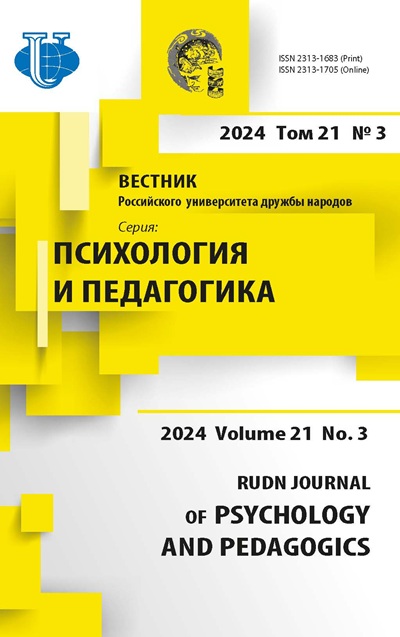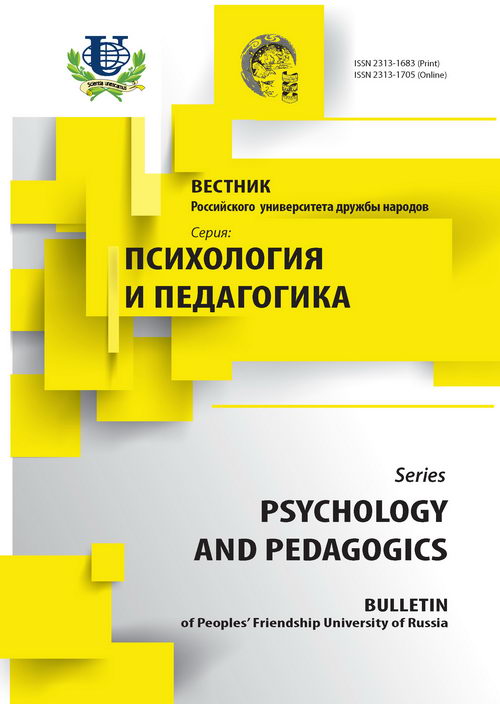Abstract
The article deals with the organizational and methodical bases of multicultural self-organization of the linguistic personality of the student in terms of additional foreign language education. According to the authors’ opinion, the methodological basis is a dialogue of cultures as a philosophy of mutual understanding, mutual relations in today’s global environment. Changing the socio-cultural context of foreign language education paradigm allows you to select multicultural (teaching a foreign language on the principle of “native culture - the culture of the foreign language speaking country - the culture of the world”) and active (the development and functioning of a person in the normal course of his activities, where the starting point is the introduction of man to the world of culture and his self-development) approach as a priority. The contents of additional education is oriented towards the disclosure and a possible solution of specific problems in the educational practice, and based on the principles of humanism and diversification.The article analyzes the individual programs of additional education and professional training in the field of foreign languages, developed by universities in recent decades. The authors present the experience of the scientific and methodological development and implementation at the department of foreign languages and teaching methods of Bunin Yelets State University of the additional foreign language education system that provides the multicultural self-organization of the student’s linguistic personality. The description of the program of professional retraining “The multicultural self-organization expert in the field of business, management and tourism (English)”, designed for the students of non-language training areas, is presented, too. The positive dynamics of mastering foreign languages, the development of global attitude of the linguistic personality to the culture and his/her cultural self-determination is shown, too.
















